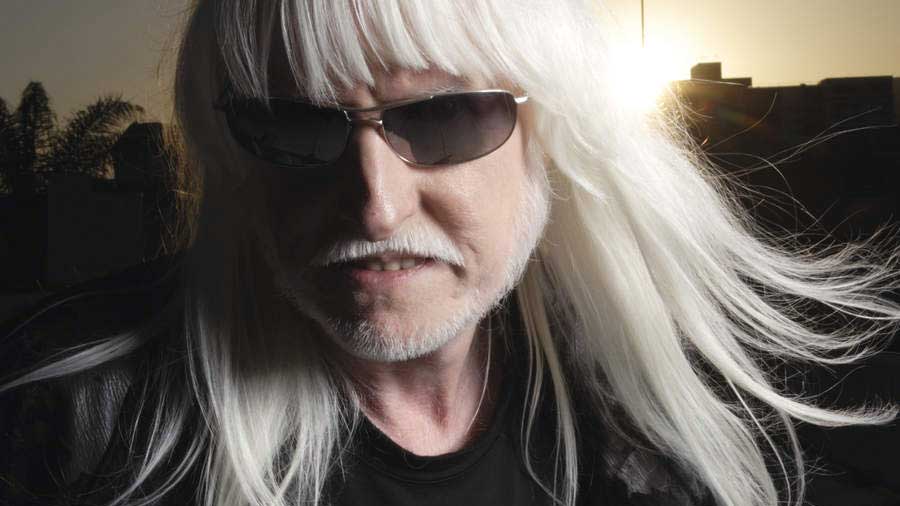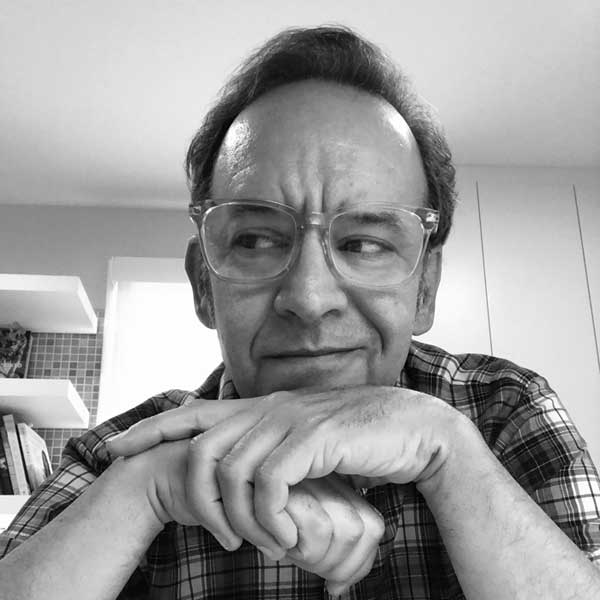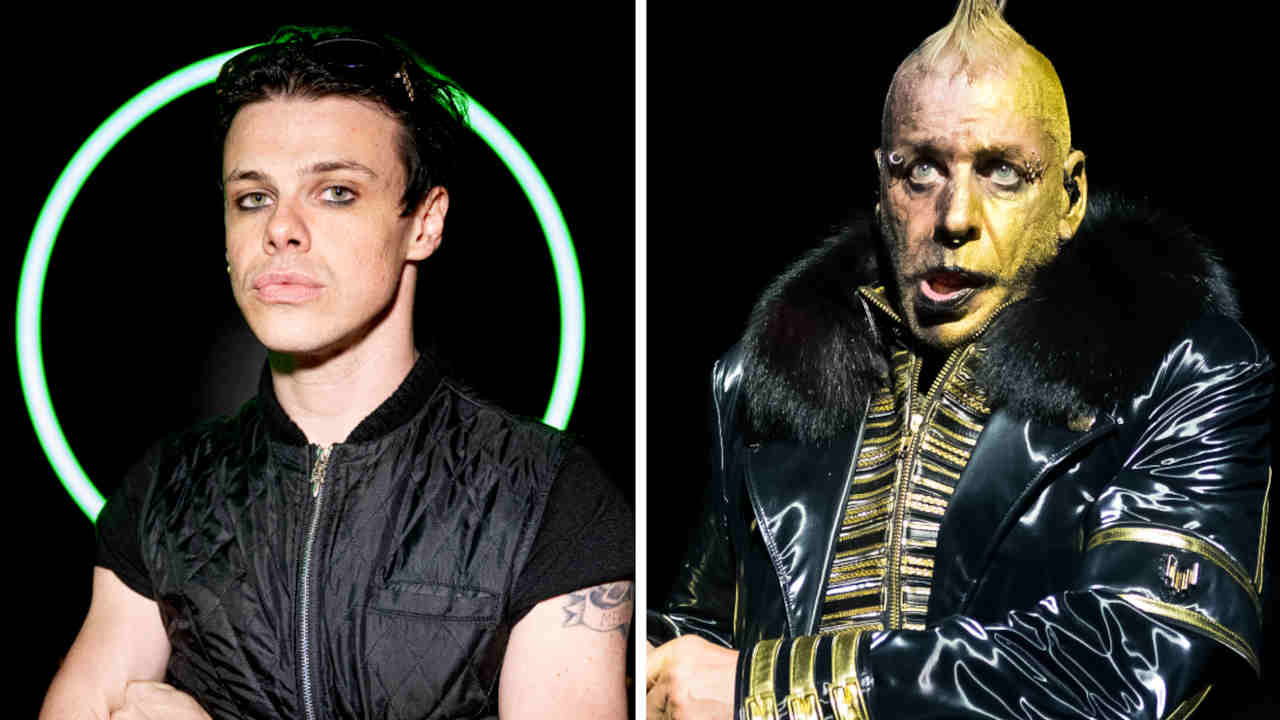Edgar Winter and the album that transformed his suffering into joy
The late Johnny Winter’s brother Edgar reveals the story of the star-studded album dedicated to the blues great

“Are you ready to rock and rooooollllll?!” Edgar Winter shouts down the phone. The multi-instrumentalist and multi-genre legend is in good spirits and ready to talk about Brother Johnny, his tribute album to his late brother, blues great Johnny Winter.
Featuring a star-studded cast including Joe Walsh, Billy Gibbons, Ringo Starr and Derek Trucks, it’s Edgar’s way of celebrating Johnny’s legacy. And processing some grief too.
“Someone once asked me to define the blues in ten words or less,” he says, “and I said: ‘It’s music that transforms suffering into joy’. That’s what this record helped me do."

You’ve said Johnny is your all-time musical hero.
Growing up, Johnny was Daddy Cool with the pompadour and shades, the guitar and the girls. And I was the quiet, weird kid who played all the instruments [laughs]. With us both being albino, we had a different mind-set that drew us closer together. Kids made fun, but Johnny showed me that being albino could actually be cool. He had a lot of strength, and that gave me confidence. With brothers in music there’s usually sibling rivalry. That was never the case with us.
What did you want to accomplish with this album?
To pay tribute, and to reflect our relationship. I knew Johnny in a way no one else did. He projected a certain image, mainly as a blues player, but he was deeper than that. I used to call him the “Coltrane of blues rock”, because he had this relentless intensity that I’ve never heard in any other guitarist. He could extend himself over a twelve-bar blues with an endlessly inventive stream of consciousness. And when it comes to slide playing there was nobody like him. The songs I chose reflect that.
Sign up below to get the latest from Classic Rock, plus exclusive special offers, direct to your inbox!
Looking back at the seventies, how do you view your image now?
Glam was happening then – Alice Cooper, David Bowie. I thought: “Well, I already look pretty strange to begin with” [laughs]. My stage persona was an alter ego. That started when I was a kid. My mom made me a Superman suit, and I wore it under my clothes when I was in school [laughs]. I never really felt like I was a rock’n’roll guy anyway. I just wanted to be a great musician. But I enjoyed dressing up in bizarre costumes.
You were twenty-three when you played at the Woodstock festival.
It changed my life. The whole thing was set against the peace movement and civil rights, and I began to see that music could have a higher purpose: to bring people together. I started thinking more about what it meant to be an artist, not just a musician.
What’s ahead for you in 2022?
I haven’t been out of the house since this whole pandemic started. But Ringo asked me to go out if he does the All-Star tour this year. And that would feel safe – private jet, private cars, the best isolation. Whether I’ll go out with my band I’m not sure. I’d love to play these songs for Johnny. When I do I’ll try to create situations where I can cross paths with all the musicians who are on this album.
Brother Johnny is out now via Quarto Valley Records.
Bill DeMain is a correspondent for BBC Glasgow, a regular contributor to MOJO, Classic Rock and Mental Floss, and the author of six books, including the best-selling Sgt. Pepper At 50. He is also an acclaimed musician and songwriter who's written for artists including Marshall Crenshaw, Teddy Thompson and Kim Richey. His songs have appeared in TV shows such as Private Practice and Sons of Anarchy. In 2013, he started Walkin' Nashville, a music history tour that's been the #1 rated activity on Trip Advisor. An avid bird-watcher, he also makes bird cards and prints.

